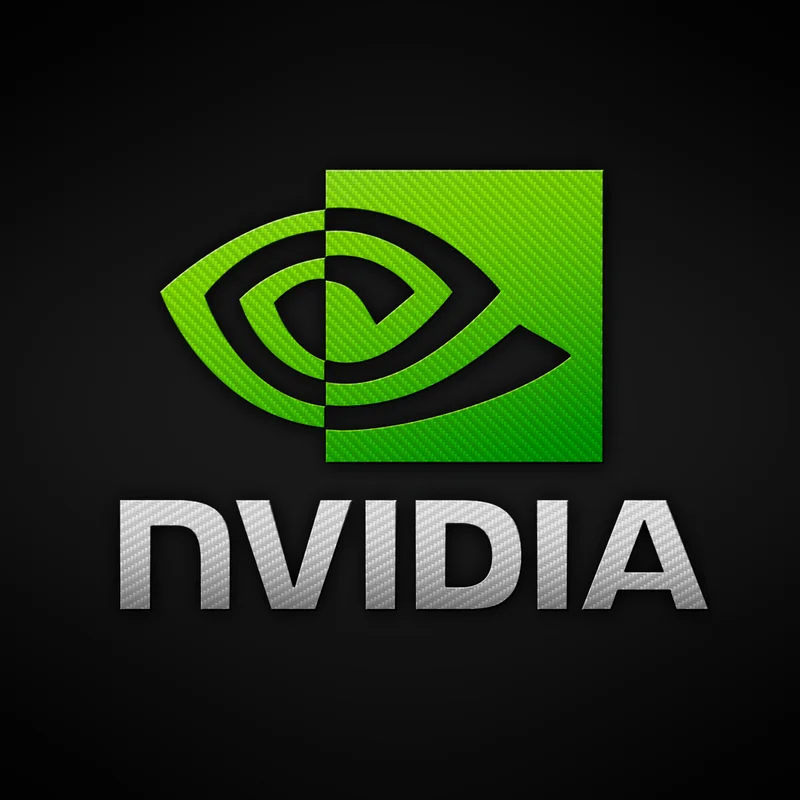Okay, let's talk about Nvidia's software ambitions. The company, currently basking in the glow of the AI boom and sporting a $5 trillion market cap (the first to hit that milestone, by the way), isn't just about GPUs anymore. They're pushing hard into enterprise software. But are those software sales forecasts realistic, or just more hype fueling the stock price?
Internal emails, recently leaked, paint a picture of a company struggling to articulate a "comprehensive software story" to its clients. "Everyone is hacking their own decks together," one email laments. That doesn't exactly inspire confidence, does it? They're talking about Nvidia AI Enterprise (NVAIE), Omniverse, vGPU, Run:ai – a whole suite of tools aimed at helping businesses build and manage AI applications. NVAIE boasts some impressive customers – Nasdaq, the IRS, AT&T. That's great, but are those deals translating into real revenue, or are they just pilot programs and proof-of-concepts?
Nvidia, unsurprisingly, declined to comment on the leaked emails. But the numbers tell their own story – or at least, Nvidia's projected numbers do. One email shows a sales chart for Q3 fiscal 2026 (remember, these fiscal years don't line up neatly with calendar years) projecting stand-alone software to hit 110% of targets. That sounds good, right? Except, software sold with hardware is only expected to reach 39% of its goal. That’s a massive discrepancy.
What does this tell us? It suggests that Nvidia is having a much easier time selling software to existing hardware customers (who are already locked into the Nvidia ecosystem, let's be honest) than winning over new customers with its software alone. The overall software sales forecast for that quarter was $78.7 million, driven largely by NVAIE, which was projected to hit 186% of its target. But I’ve looked at enough of these internal forecasts to know they should be taken with a grain of salt.

The "fundamental disconnect" between Nvidia and its clients' legal and procurement teams is another red flag. Data security, indemnity obligations, damages caps – these are all serious concerns, especially in highly regulated industries like finance and healthcare. If Nvidia can't get past these hurdles, those ambitious software sales targets are going to be tough to reach. It's like trying to sell a race car to someone who's worried about the insurance costs.
It's worth remembering that Nvidia isn't alone in facing challenges with AI adoption. A recent Goldman Sachs report (which, I should disclose, I haven't personally verified, but I trust their analysts) suggests that some companies are hesitant to deploy AI widely, viewing it as too early-stage. Is Nvidia's software push premature? Are they trying to force a market that isn't quite ready?
And this is the part that I find genuinely puzzling. Why is Nvidia pushing so hard into software, when their hardware business is booming? Is it simply about generating recurring revenue and deepening customer dependence? Or is there a deeper strategic reason? Are they worried about the long-term sustainability of their hardware dominance, and trying to diversify into a more defensible market?
The Gain AI Act, backed by Amazon and Microsoft, adds another layer of complexity. It would restrict Nvidia's exports to China, potentially impacting their revenue. However, it includes an exemption for trusted entities like Amazon and Microsoft, who would no longer need export licenses. This could give them a competitive advantage, but it also raises questions about fairness and the potential for unintended consequences. Amazon and Microsoft back effort that would restrict Nvidia’s exports to China
Nvidia's software ambitions are certainly bold. But the leaked emails and the disconnect with clients' legal teams suggest that they may be getting ahead of themselves. Until they can address these fundamental issues, that $78 million software forecast looks more like smoke and mirrors than a solid foundation for future growth.